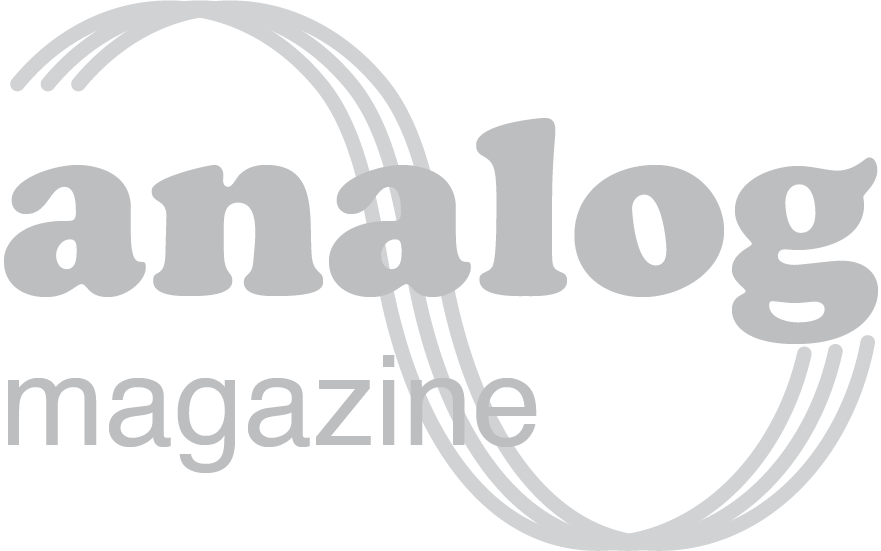
Marie Le Gall
Mar 28, 2023
Marie is a French artist who uses the medium to explore topics such as time and space, identity, intimacy, womanhood, home, nature, and mental health. In the images presented here, Marie seeks to question her definitions of womanhood, body, home and relationships, in order to further develop her personal relationship with herself. Finding inspiration in reading and writing poetry, Marie has created a fantastic body of work which is self-reflective and inspirational at the same time.
First of all thank you very much for your contribution to our project. Can you please introduce yourself for us?
I was born in France in 1994. As the daughter of a military, I have moved to different cities and countries every two or three years during my childhood. Growing up surrounded by various cultures and people, my work mainly questions the relationship between people and spaces. Both my visuals and poems explore themes of passages, such as time and space, identity, intimacy, womanhood, home, nature, and mental health through portraiture, and documentary photography. I hope to destigmatize topics surroundings the naked human body and mind.
I first studied acting and then graduated from a Master’s degree in Arts, Litterature and Journalism at La Sorbonne University. I have also been the author, producer and host of a radio show « Tchat Sexe » exploring the relationship between sex and the digital, for the national public radio in France. After three years of being a Marketing and Communication Manager for different companies, I decided to dedicate my time and energy to photography in being a stage and photo assistant in a studio in Paris. Meanwhile, I continue to develop my own personal photography and poetry projects. My work has been published in magazines such as Fisheye, PhotoVogue - Vogue Italia, Iconic Magazine, Sola Journal, Lomography Magazine, C-Heads, and y35mag and has been exhibited in France and in New York.
How did you start in photography?
I started photography when I was in acting school in Paris. To graduate, I had to stage a play or create a project on my own. Being passionate about multimedia theater, I decided to make an immersive installation and an exhibition exploring the impact that digital has on our sexuality and bodies. I started nude photography and projected images that represented clichés on bodies. I fell in love with photography because it allowed me to express my thoughts, my sensitivity, and myself while connecting with human beings. Then, I joined the photography society at La Sorbonne University, which allowed me to learn various technical processes and the work of other photographers, including Raymon Depardon and Alec Soth. I was selected to participate and exhibit my work in a ten-day photo workshop at one of the main French photography festivals named ‘Promenades Photographiques’. I like to say that my career has been a drafted notebook where I drew many lines, wrote many poems, took pictures, and made collages of all the activities I wanted to explore. I have never seen myself in one direction, but multiple. I think moving during my childhood did allow me to have this open-mindedness. I consider that as human beings we are not meant to do one thing, or stay in one place, but we are always evolving and changing. Then photography has been my breadcrumb trail. As a child, I have seen my mother taking pictures of our family, our travels, and our homes. Growing up I believe I also wanted to archive some of the places I went to and the people I met. Then, I decided to choose photography to explore and share human stories.
On your work you explore topics such as womanhood and intimacy. In this way, what does femininity mean to you?
A lot of my work explores the subject of intimacy, body, and womanhood. To me, the word « femininity » is more likely used by the Fashion industry. I prefer womanhood because it includes at the same time the word « woman » which is more connected to a human characteristic and « hood » which refers to a sense of intimacy, the hood we can refuge ourselves in, and a sense of community and ensemble, if we read it as the slang word for the neighborhood. I have questioned a lot my relationship to my body, my sexuality, and to others (women and men). Like a lot of artists, understanding ourselves is possible through the understanding of others. Photographying women in nature or in their homes have been allowing me to develop my relationship with myself . My projects « homebody » and « embody » that I am partially showing at analog magazine have started because I wanted to re-explore my definitions of womanhood, body, home and relationships in order to find new ones closer to who I am today.
What inspires your work in general?
My work is inspired by my own living experiences. A lot of my work refers to the questions and the feelings I had growing up. I am also reading and writing poetry which is a huge source of inspiration. Alongside my photographs, I wrote poems mostly because words have always been important to me. I have had this obsession as a kid to express with them the entirety of my being. I would write letters to my parents to express my feelings and would write a lot of stories. Music and lyrics are also a source of inspiration. Music guides my moods and my days. It is an intimate refuge in which I easily let it go with me to dance, work, write, cry, and relax. Finally, and not the least, I am inspired by my family and the community of friends and artists I surround myself with. I am inspired both through their unconditional support and their own projects. My mom who published a book and exhibited her paintings, my photographer's allies who are beyond talented, and my father and sister who push me to be closer to myself and to do my best to achieve my projects.
Who are your favourite photographers / artists?
My favorite photographer is Raymond Depardon. I wrote 120 pages about his work for my master’s thesis. In « La solitude heureuse du voyageur » and « Notes » he introduced for the first time subjectivity in his captions that resemble a diary. He disconnects the images from the words, telling us more about the loneliness of his job or his relationship with a woman than the war and what he actually photographs. It inspired me to express my gaze through photography and the inner distance of my poetic writing.
I also love the work of Bettina Pittaluga, Lisa Sorgini, Marisol Mendez, and Alec Soth.
What is your favourite photo book?
I have discovered recently « I’d like to get to know you » by Francesca Allen. The simplicty of the layout and the quality of her photographs moved me a lot. « Errance » by Raymond Depardon has played a huge part in my life.
Thank you very much for your time and your contribution to analog magazine.
All images © Marie Le Gall













